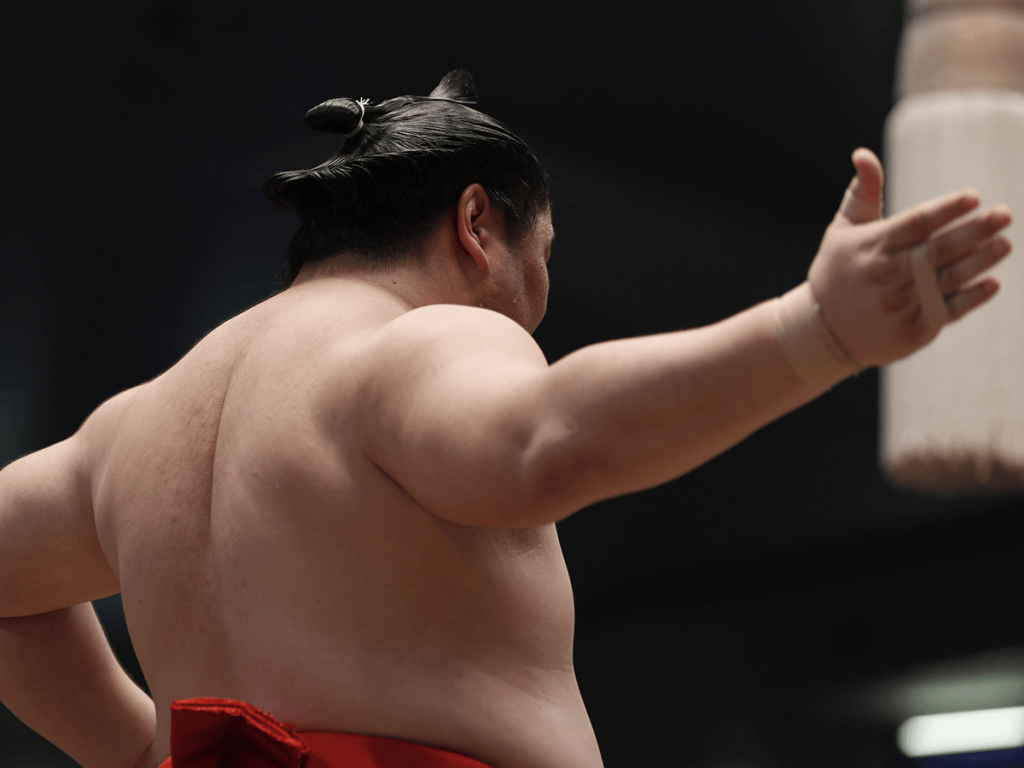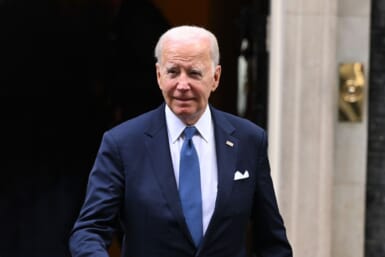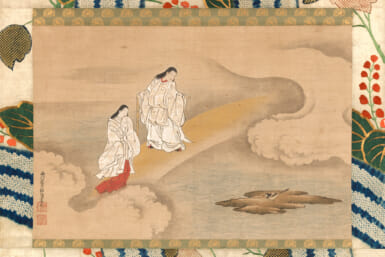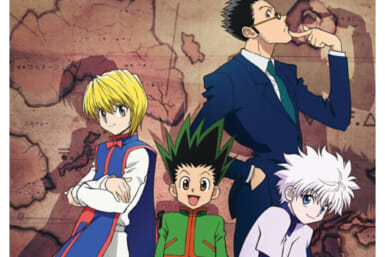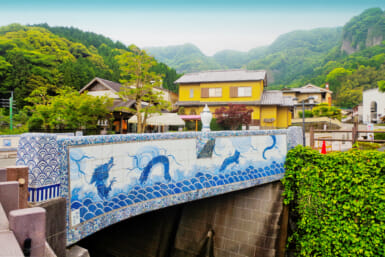In November 2017, Harumafuji Kohei officially resigned from the Japan Sumo Association after drunkenly assaulting fellow wrestler Takanoiwa a month earlier. By doing so, he not only forfeited a huge salary but also the title of yokozuna, sumo’s highest rank, which took him over 11 years to reach. The news shocked people all across Japan, but not nearly as much as it did fans of American and association football, who have gotten used to their favorite sportsmen committing far worse crimes – like manslaughter, animal cruelty, or drug abuse – and not really letting it interfere with their careers.
This is where many commentators like to point out that, in Japan, sumo is much more than just a sport. Rather, it’s a modern form of a religious ritual: a show of strength for the gods with purification ceremonies and referees who resemble priests. It would thus stand to reason that sumo wrestlers should be held to a much higher standard than most sportsmen … At the same time, though, for such an exalted, sacred competition, sumo sure does seem to have a long, murky history of corruption, assault, and skulduggery.
Harumafuji’s story actually shares a lot of similarities with the fall from grace of Asashoryu Akinori, another yokozuna who was forced to resign after an assault scandal. Asashoryu is widely considered one of the most accomplished wrestlers in sumo’s history, but, sadly, not all of his accomplishments were all that laudable. In 2007, he became the first yokozuna in history to be suspended from a tournament after apparently faking an injury. After a few more years of displaying supposedly undignified behavior for someone of his rank, Asashoryu retired from the sport in 2010 due to allegations that he broke a restaurant employee’s nose while drunk.
Interestingly, though, initial reports indicated that Asashoryu assaulted his manager, who was most likely trying to downplay the incident and protect the yokozuna, much like how the stablemaster of Takanoiwa (Harumafuji’s victim) never reported his pupil’s assault to the Sumo Association and refused to cooperate with their investigation. Sadly, these weren’t even close to the worst things that people with high-ranking positions in the world of sumo tried to cover up rather than protect the integrity and dignity of Japan’s hallowed wrestling.
For example, in 2007, a 17-year-old novice wrestler named Tokitaizan died due to physical injuries suffered during a hazing incident where his trainer instructed other students to beat the boy with a baseball bat and a beer bottle. However, when commenting on the case, the Sumo Association initially insisted that Tokitaizan died of heart failure during routine training. Instead of bringing the people responsible to justice, the group tried to sweep the whole thing under the carpet. Whether the gods told them to do so remains unclear.
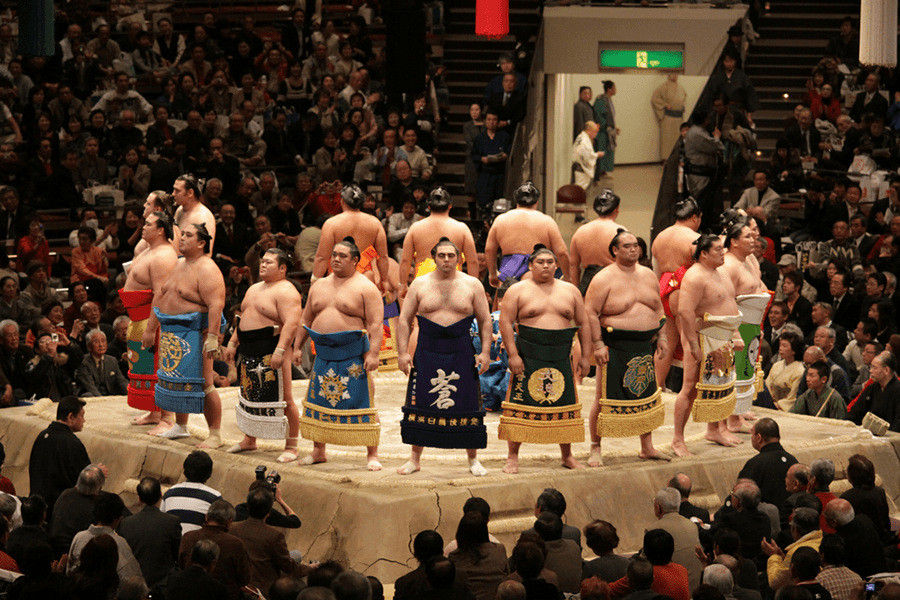
Image: J. Henning Buchholz / Shutterstock.com
Then there was the case of wrestler Sokokurai Eikichi, who advanced uncommonly quickly to sumo’s top division after some of his fellow wrestlers had to step down due to gambling allegations. But although he fought hard to retain his rank, there were still some who argued, loudly, that he was promoted without merit. And then, in 2011, Sokokurai was accused of match-fixing and expelled from sumo, the timing of which seemed just a little bit suspect. However, Sokokurai never stopped proclaiming his innocence, and in 2013 he won a legal case that allowed him to return to the sport. He successfully proved that the Japan Sumo Association made a wrong decision by forcing him out, but the question remains: did the JSA do it knowingly to get rid of an inconvenient wrestler and protect the image and profits of what has essentially become a huge, multi-million-dollar industry?
It’s hard to say because JSA sanctions can often feel arbitrary, like in the case of former ozeki (sumo’s second highest rank) Kotokaze Koki, also known as Oguruma Oyakata. Today, Kotokaze is a popular sumo personality but during the last 30 years, his image and position in the JSA have gone through their ups and downs. Some of his most notable career lows include the times his wrestlers were accused of everything from match-fixing to drug use and associating with the yakuza. Despite it all, Kotokaze was elected to the JSA’s board of directors in 2012.
This leads us to the conclusion that for all the talk about sumo’s ceremonial roots, today it’s mainly a business, a form of entertainment designed to make money, where public perception and personal connections go a long way. Not that there’s anything wrong with that. However, it’s also a business backed by a rich, hallowed history, which basically forces sumo officials to work doubly hard to protect the sport’s image at any cost, whether it means punishing the innocent, or occasionally protecting the guilty.

